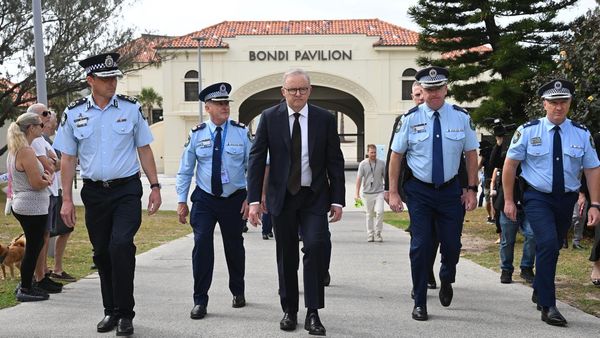
Recent developments in the conflict between Israel and Palestine have sparked international concern and condemnation. Israel's forces have taken control of the Palestinian side of the Rafah crossing, raising fears of a potential full-scale invasion of the south Gaza city.
The Biden administration's support for Israel is facing scrutiny as the humanitarian crisis in Gaza worsens. US officials are increasingly alarmed by the possibility of a major military operation in Rafah, where over a million Palestinians are seeking refuge.
CIA Director Bill Burns is set to return to Cairo for further discussions as part of efforts to broker a ceasefire-for-hostages agreement. The World Health Organization's regional director, Hanan Balkhy, has warned that the Israeli military operation endangers the lives of 1.5 million people in Gaza, emphasizing the urgent need to reopen the Rafah border crossing for humanitarian aid.
UNRWA has cautioned that the closure of the crossing could disrupt vital humanitarian assistance across the Gaza Strip. Egypt has condemned Israel's actions at the Rafah crossing as a 'dangerous escalation.'
UN Secretary-General Antonio Guterres has called for an immediate ceasefire between Israel and Hamas to prevent further bloodshed. The EU's foreign policy chief, Josep Borrell, has urged Israeli Prime Minister Benjamin Netanyahu to refrain from attacking Rafah, expressing concerns about the potential for civilian casualties, particularly among the 600,000 children in Gaza.
Residents of Rafah have been instructed to move to designated 'expanded humanitarian areas' via airdropped leaflets. However, aid groups have raised concerns about the suitability of these areas for habitation, highlighting the lack of safe zones in Gaza.







